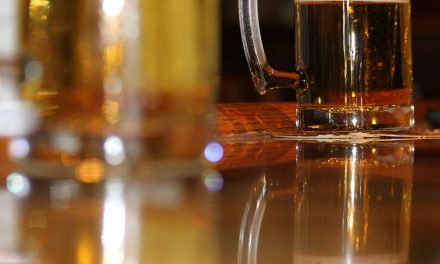In South Carolina, it is illegal to drive with a blood alcohol concentration (BAC) of 0.08 percent or higher. If you are stopped for suspected drunk driving, the police officer may use a Breathalyzer to test how much alcohol is in your system. The police officer will ask you to blow into the Breathalyzer for a few seconds. The Breathalyzer will then provide a reading of your blood alcohol content.
When a person drinks alcohol, ethanol enters the bloodstream. The more alcohol that is consumed, the higher the concentration of ethanol will be. With each breath, a small amount of alcohol vaporizes and enters the lungs. Of course, once in the lungs, it is released as the person breathes. The Breathalyzer measures the amount of alcohol in one’s breath, which is typically a reliable indicator of the amount of alcohol in one’s bloodstream.
The Breathalyzer test is not mandatory
You have the right to refuse the Breathalyzer test. In fact, police officers are obligated to tell drivers that they have a choice in whether or not they will take the test. However, deciding to refuse the Breathalyzer test is not without consequence. According to South Carolina law, a refusal results in an automatic six-month suspension of one’s driver’s license. The officer will take your license and you must complete an Alcohol and Drug Safety Action Program before you may drive again. You also have the right to appeal the suspension of your license. A second offense results in a nine-month suspension, and a third offense results in a one-year suspension.
How Reliable is the Breathalyzer Test?
Breathalyzers rely on technology, and, of course, technology can fail under certain conditions. In some cases, drivers have registered a false positive on the Breathalyzer test simply because they had recently used mouthwash. Many mouthwashes contain alcohol, which may remain in a driver’s mouth for a while. For example, Listerine is 54 proof, as it is 26.9 percent alcohol by volume! Cough syrup and cold medicines have had the same effect. South Carolina police officers should allow a driver to wait 20 minutes before taking the Breathalyzer test. This allows any residual alcohol on the driver’s breath to evaporate.
Interestingly, some diabetic drivers have registered high alcohol concentrations on Breathalyzer tests, even when they have not been drinking. Diabetes causes individuals to produce higher levels of acetone, which may register as alcohol on the Breathalyzer test.
Additionally, if a Breathalyzer is not calibrated properly, it may produce inaccurate readings. Human error may also be a factor in inaccurate Breathalyzer readings if the police officer does not administer the test correctly. A police officer should have a driver blow into the Breathalyzer several times to ensure the reading is accurate.
Breathalyzer tests are used in conjunction with field sobriety tests so that officers may gain a better idea of a driver’s level of intoxication. An officer may have a driver attempt to walk a straight line, hold one leg up, or follow an object with his eyes to determine whether that driver was drinking and driving. The field sobriety tests, along with the administration of the Breathalyzer test, should be performed on video in case they need to be reviewed later.
Have you been arrested for driving under the influence?
If you have been arrested for driving under the influence, you need the experienced DUI defense attorneys at the De Bruin Law Firm. We understand that breathalyzers are highly complex instruments and do not always provide accurate results. To schedule a free case evaluation, call (864) 372-2896 or visit GreenvilleDefense.com.


